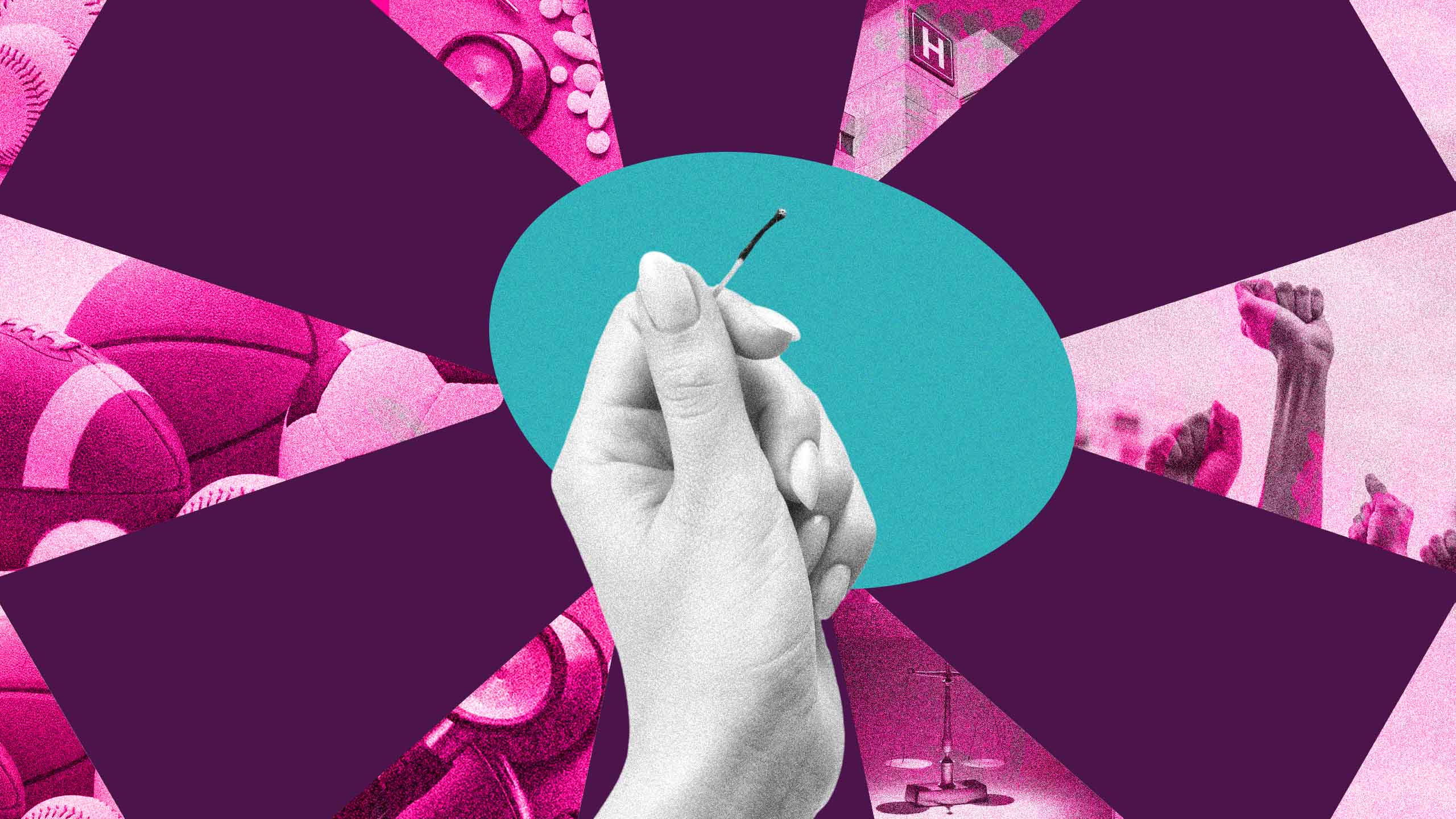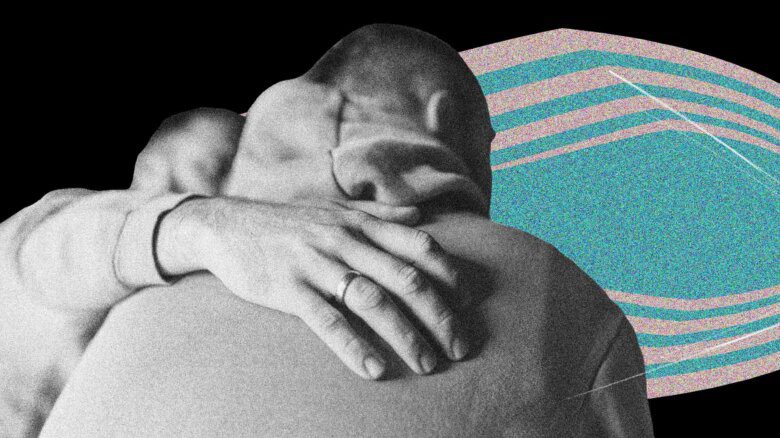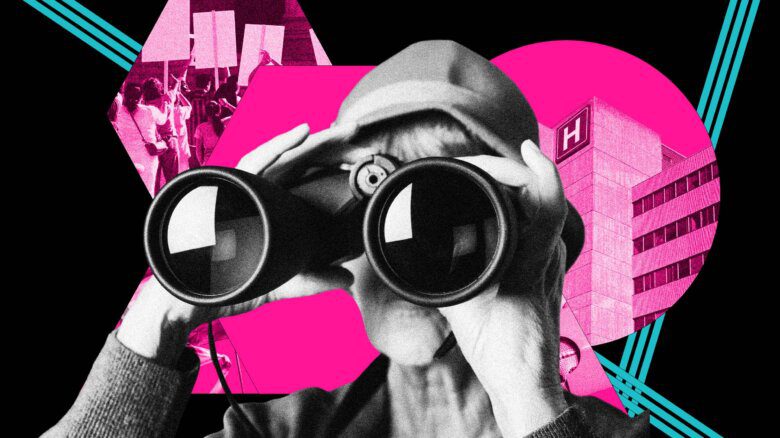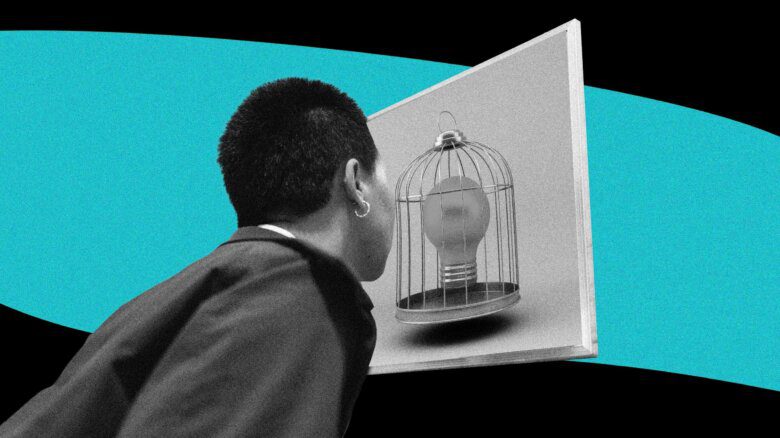On Oct. 3, 2016, for the first time ever, I woke up, took a shower, donned a perfect dress and cardigan and did my makeup before heading to work. It was the day my social transition officially started—my first tentative steps into public womanhood, and it came with a whole list of fears, uncertainties and possibilities.
At the time, I had a fledgling writing career, with a couple of paid bylines each month—mostly about trans issues, although a few were about sports, when no one was looking.
That day seven years ago now feels like ancient history. Barack Obama was president, the U.S. appeared to be on the cusp of electing its first female president and it seemed like trans people were more accepted by society than ever before. Going to work that day felt exhilarating and I figured we’d only see more progress toward trans rights. Boy, I couldn’t have been more wrong.
Little more than a month later, Donald Trump won the presidential election over Hillary Clinton. On his first day in office, Trump signed several executive orders seeking to roll back trans rights. I was on that news beat back then, writing about it. For the next four years, Trump and his conservative lackeys across the federal government (particularly in the Department of Health and Human Services) launched an all-out assault on federal protections for trans people, targeting everything from our access to healthcare, to equal protection in employment and education, to the rights of trans homeless people.
Through it all, I was following, writing about each new development and tracking every painful detail. As the political assaults on my people continued, my journalistic star was on the rise. My bylines started appearing in larger and larger publications. I moved to Washington, D.C., becoming the first ever openly trans Capitol Hill reporter, where I added the abortion rights movement to my beat. I even beat the Associated Press to a breaking White House abortion story once (by 18 minutes!).
Sometime in 2020, however, things started taking a turn. I caught COVID-19 early in the year. I got it so early on that tests for the illness were not yet widely available in the U.S. While my life, thankfully, was not threatened by the illness, it has affected my productivity over the long term.
At the state level, conservatives built out their anti-trans legislative agenda across dozens of states. And I was experiencing the worst thing possible for a marginalized journalist at such a critical moment: burnout.
When trans people needed me the most, I started withdrawing. I found it increasingly difficult to track all of the hurtful legislation every day. The heartbreaking stories of trans people being persecuted by hateful forces started hitting more personally. The wall I had once built that allowed me to hold back my emotions while chasing a critical story seemingly fell apart overnight. Sometimes I’d procrastinate for days, or even weeks, while writing a critical story— occasionally I missed the window for a compelling news hook entirely.
It just all felt too hard to accomplish. The incessant transphobia splashed across mainstream news articles and social media became too much to handle.
“Taking a break from the beat also felt fraught: how could I let my people down like that?”
I’m not sure I can pinpoint exactly when the guilt started to set in over my withdrawal from covering the day-to-day trans news. The lockdown era still feels like it was a nightmare, and suddenly I woke up and realized I hated writing about anything trans-related. It felt like a chore. But taking a break from the beat also felt fraught: how could I let my people down like that?
My self-image fell apart. Where once I was able to look at myself as a diligent and dogged reporter, I now began to look at myself as a failure. It turns out that I’m not alone.
According to recent research, LGBTQ2S+ people are statistically more likely than their cishet peers to suffer from depression and burnout. Loneliness and the threat of queerphobia both exacerbate the likelihood of mental health issues and burnout like what I’ve been experiencing for a few years now.
Thankfully, other trans journalists have stepped in to cover the day-to-day horrors of the anti-trans movement while I’ve been going through this, but that doesn’t alleviate my guilt over taking a step back to care for myself. I also worry that we’re just one or two key people burning out away from losing our collective media voice in the trans rights movement.
We who do this work need to make sure we have a good work-life balance. We can’t be all trans rights, all the time. We need other outlets to help us get through the darkest moments.
So far, I’ve managed to find an escape in video games and my gaming friends. They don’t know me as this trans journalism giant of yesterday; they get the raw me, full of insecurities and sometimes a short temper. It’s more the real me, despite being weighed down by the world.
Nonetheless, I often dream of once again being the badass journalist I once considered myself to be. I’m not sure it’s in the cards for me quite yet. I’m quite thankful to the editors at Xtra for allowing me a platform to continue sharing my analysis of the current moment, allowing me to stretch my writing muscles on a weekly basis.
Everything feels precarious for trans people and our rights right now. We have a well-funded, motivated and well-organized political opposition that is constantly churning out new lies in an attempt to get people, and more importantly, people who vote, to hate us. It often feels overwhelming.
It’s not healthy to follow every little hateful detail, either as a reader or as the journalist responsible for shining a light on it all. Please take my story as a cautionary tale, find the things that bring you joy and give your brain a break from the hate.


 Why you can trust Xtra
Why you can trust Xtra


